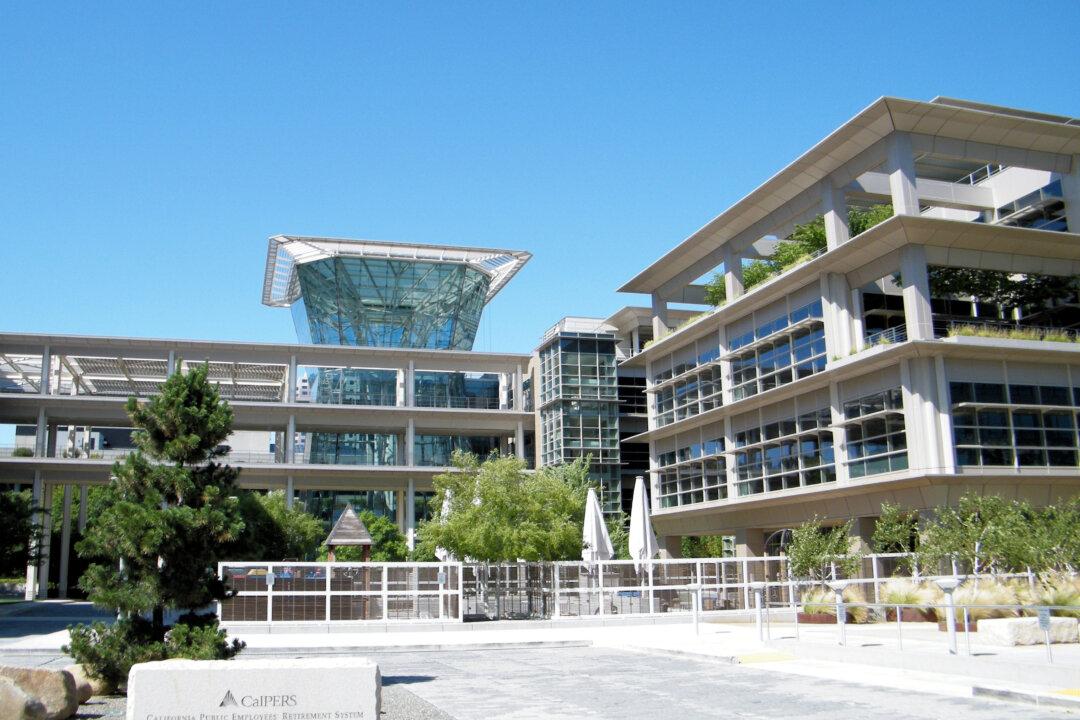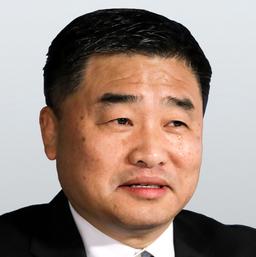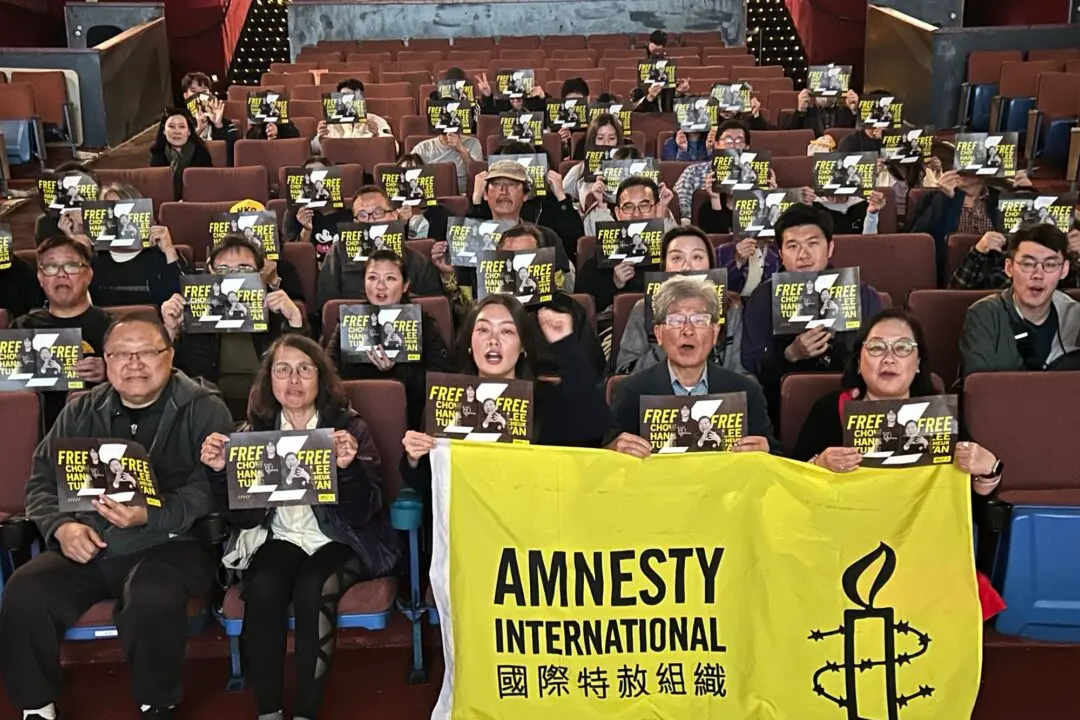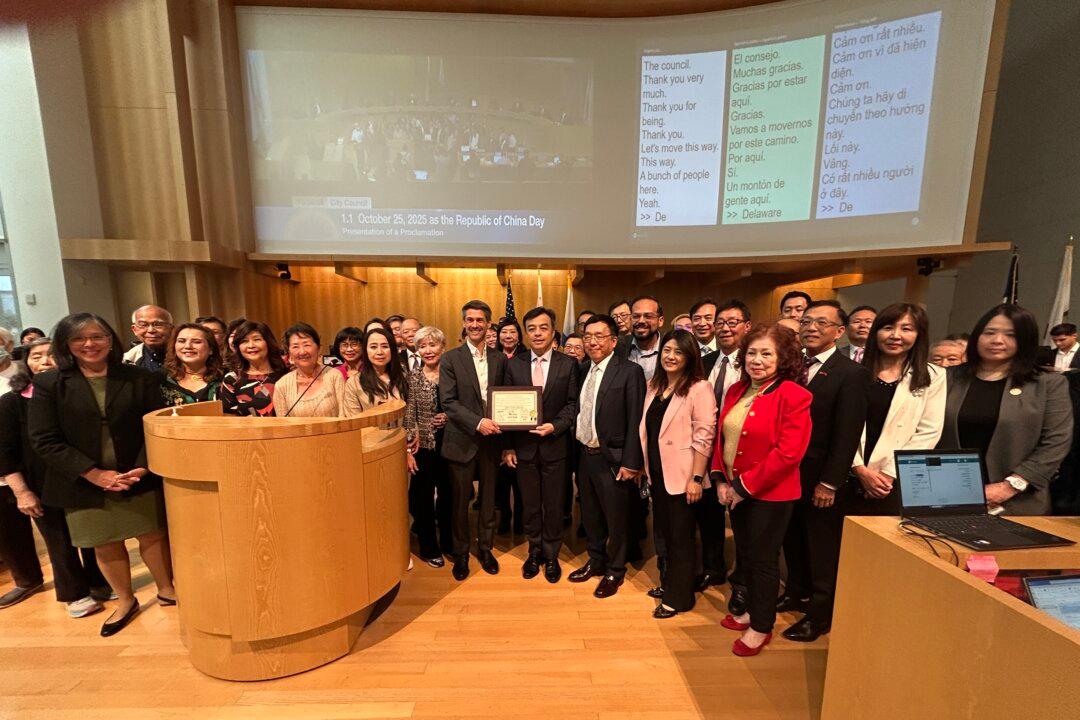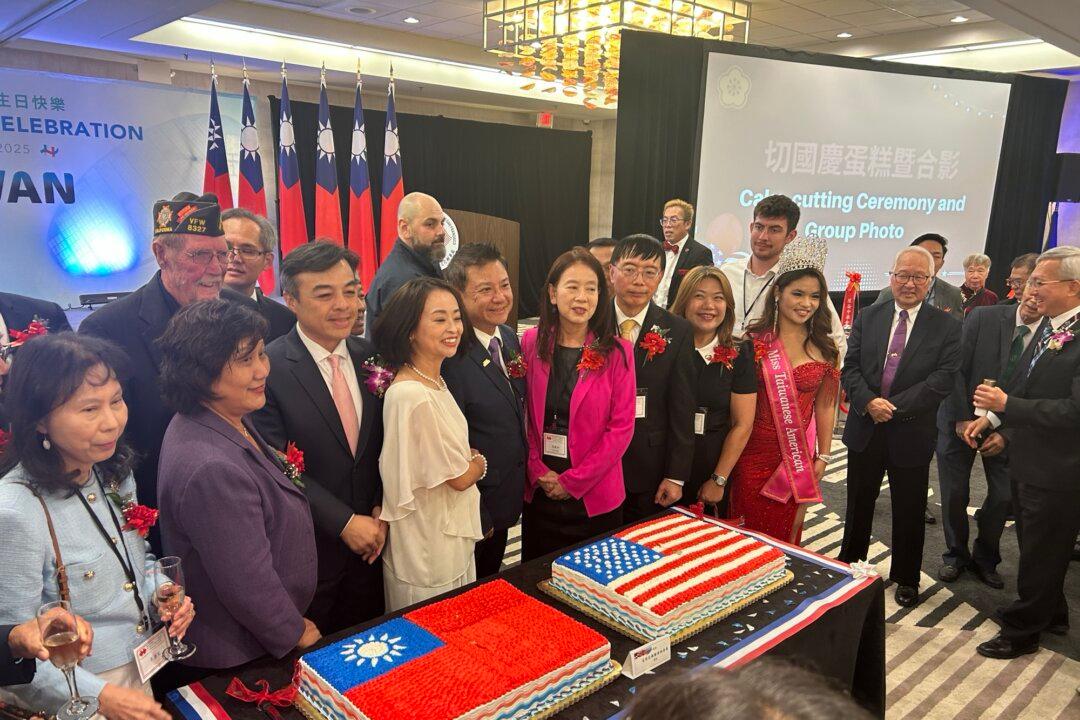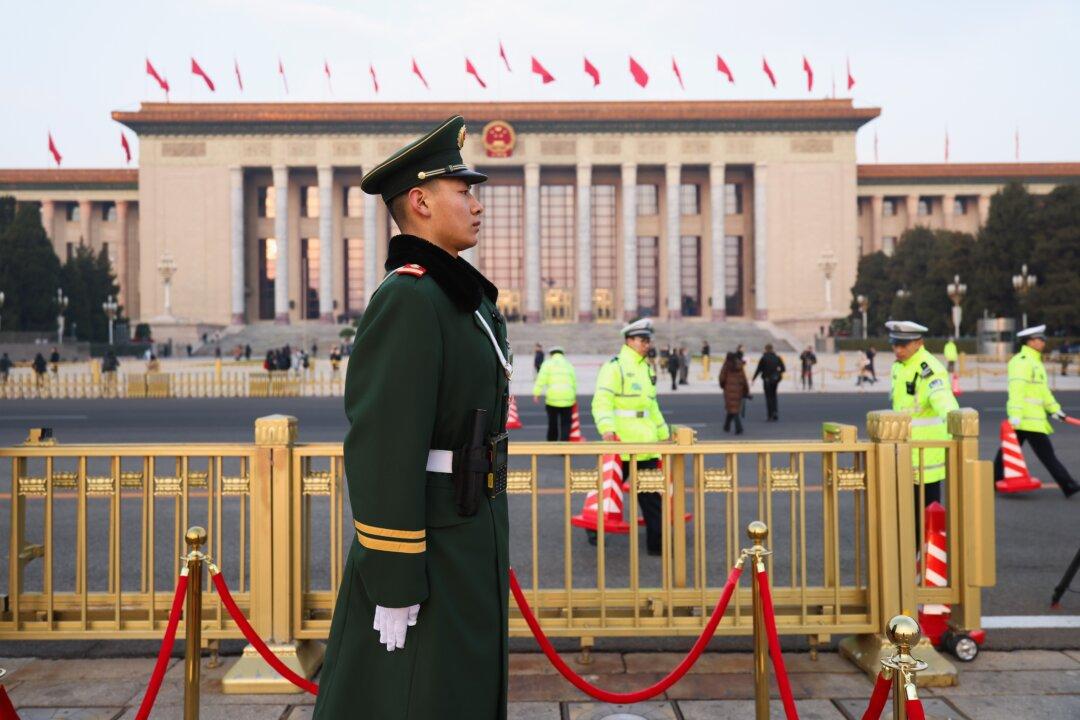Newly discovered deep ties between the chief investment officer (CIO) of the California Public Employees Retirement System (CalPERS) and the Chinese government, along with CalPERS’s China investment holdings, have provoked controversy about the operations of the largest public retirement fund in the United States.
CalPERS manages more than $350 billion for public employees either retired from or currently working for most of the state and local public agencies in California.
